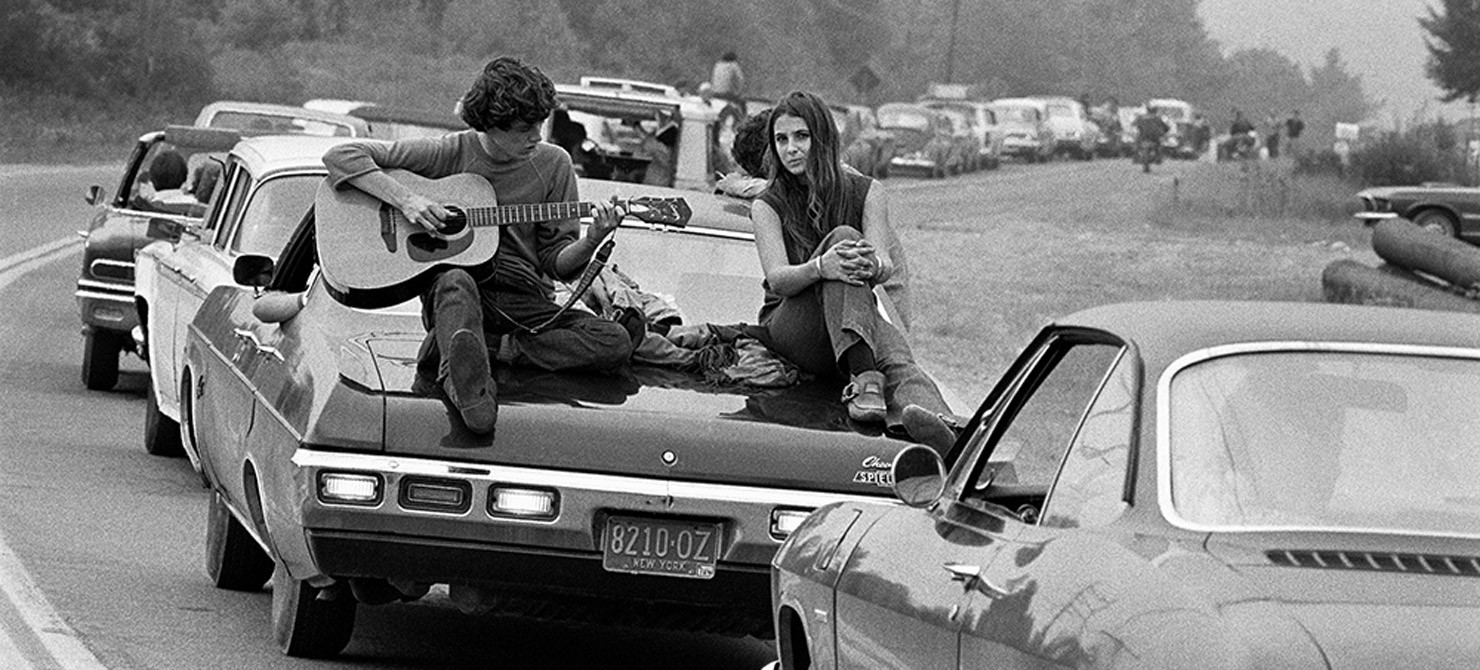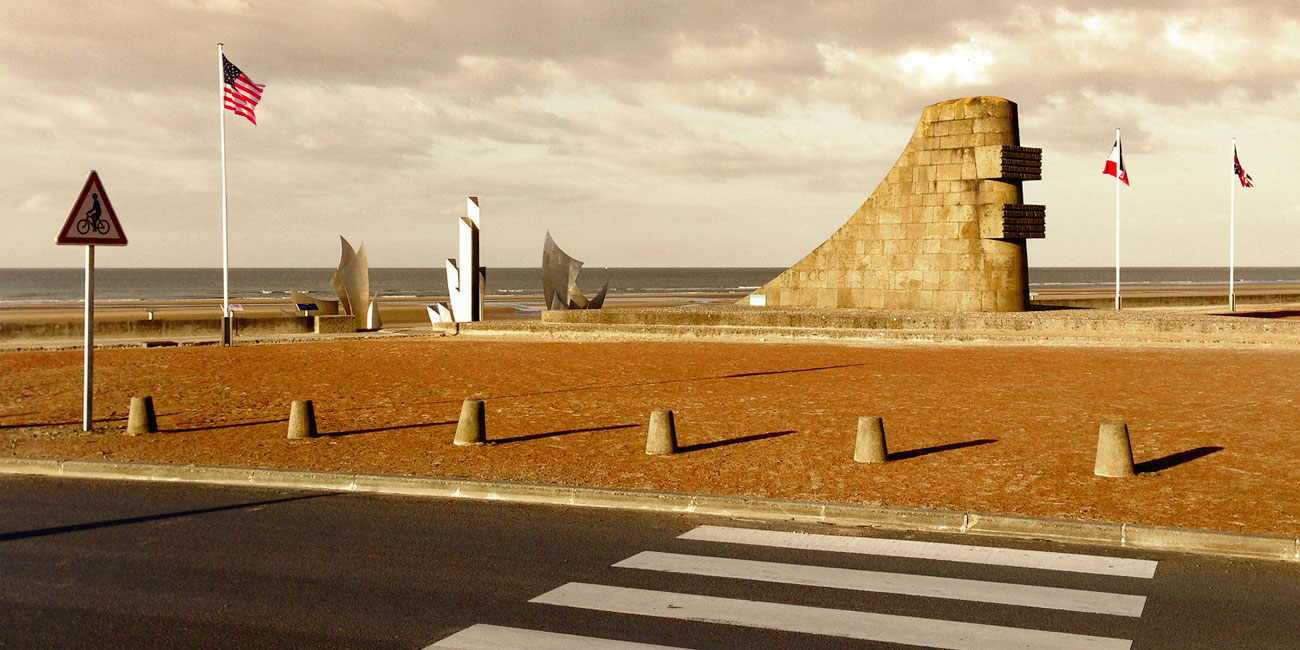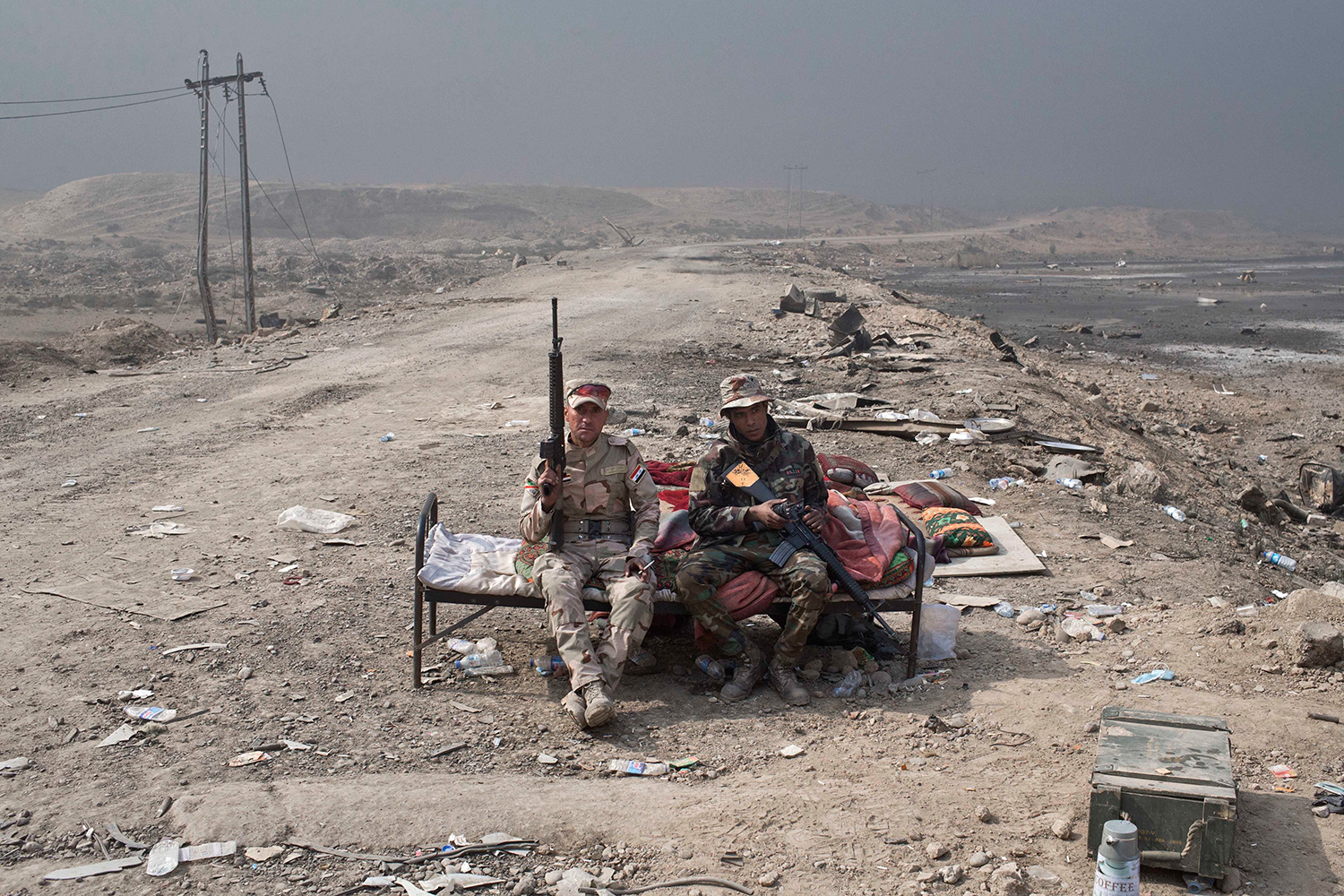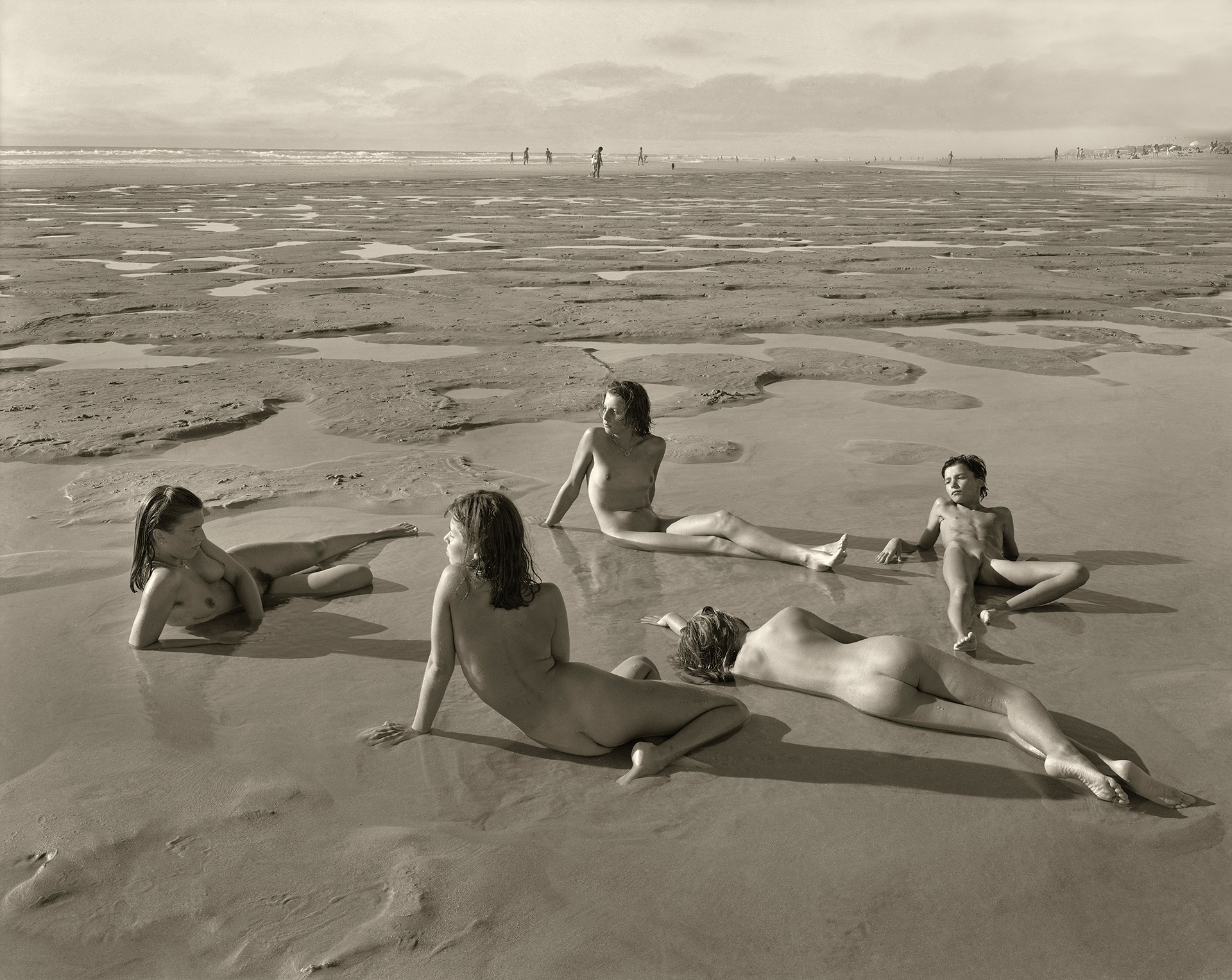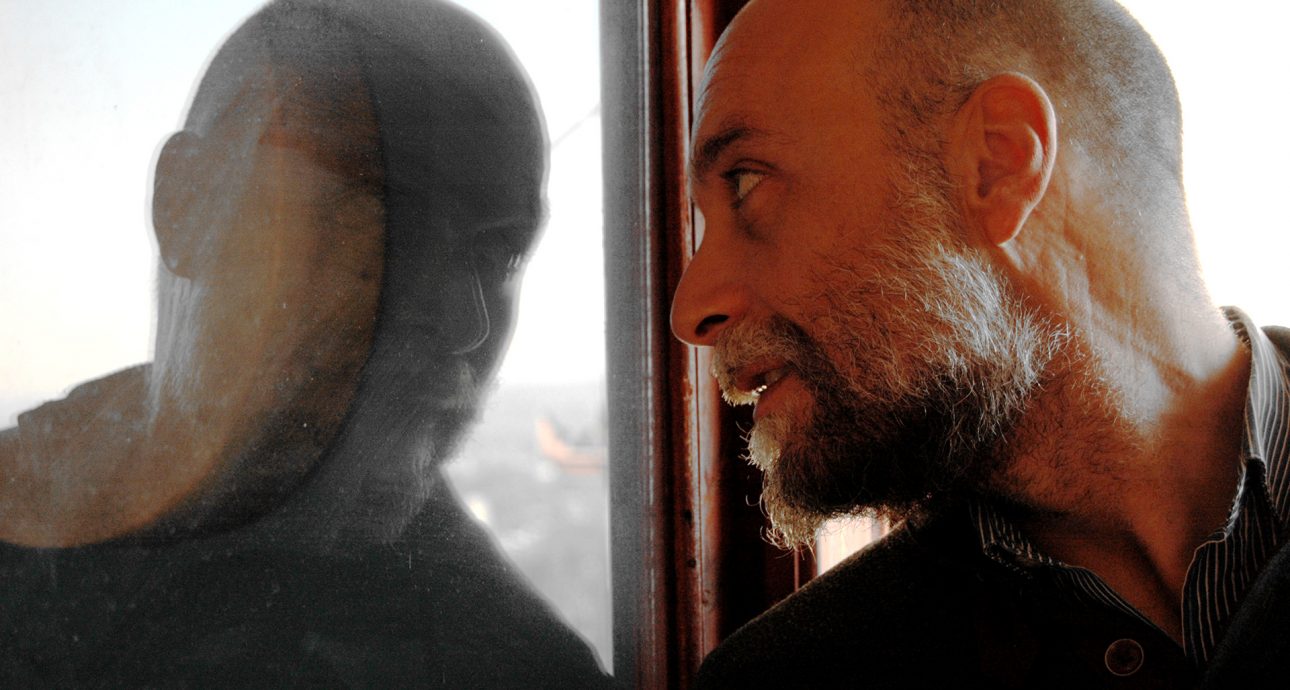
Evangelos Katsioulis IV, a Person with an Extraordinarily High IQ: “No One Has the Power to Make Us Miserable with Our Lives”
Evangelos Katsioulis IV has one of the highest IQs in the world: from 180 to 205 according to different tests, with the average value in the population being only 100 and only 5% of people who have been tested having an IQ of 125. A doctor, psychotherapist, and philosopher from Greece shared how it is for him to be this smart, how to overcome anxiety, and why we need to resist the dictation of politicians.
Let me start our discussion asking you a question that a psychotherapist often starts with, about your childhood. What kind of person have you been?
I think I’ve been a nice person! My childhood was rather peaceful. Lots of books: that’s my first and most prominent recall. Both my parents are teachers of the Greek language. So, as you can imagine, our flat was full of books.
As far as I see, you still have lots of books in your office. Which is to be expected.
It is indeed. Since I was a child, I’ve been reading quite a lot, spending time on puzzles, solving problems, being challenged by whatever I could find it interesting for me. I was especially fascinated by mathematics. That was my love back then, but not lately. Now I’m more inclined to perceive, understand and contribute to solving deeper mysteries of the human soul. In school, I was doing quite well, however I was quite an introvert. I lived mostly in an imaginary world — mainly interacting with the people, lives and universes I’ve been reading about. As a teenager, I started socializing much more, but still having numerous questions about the world, nature, meaning of life, philosophy, religions, society, mind even the simplisticity of our actual existence.
You’ve mentioned the word ‘soul’. The word ‘Psychiatry’ is translated as ‘medical treatment of the soul’ from Ancient Greek language, but still you don’t normally hear psychiatrists, all rational and mostly atheistic, using the non-scientific term of ‘soul’. What you consider to be a soul?
From my point of view, what we usually mean, when we refer to the soul, is actually the functional result of a higher brain function. If we could take the brain out of the skull, who could support with any arguments that the remaining body would still have soul? The brain is the most crucial management organ we have, being in charge of the whole body existence, homeostasis and our life in general. And one of the superior mechanisms of the brain’s interrelation with the outer environment has been the formation and development of the soul.
The soul could be all that we have learned, all our beliefs in addition to the evaluation and appreciation of our awareness. Throughout our lives, we’ve learned some things are wrong, when others might be right, we’ve learned that there are beneficial options for us, or harmful, we formed a very long database of do’s and don’ts.
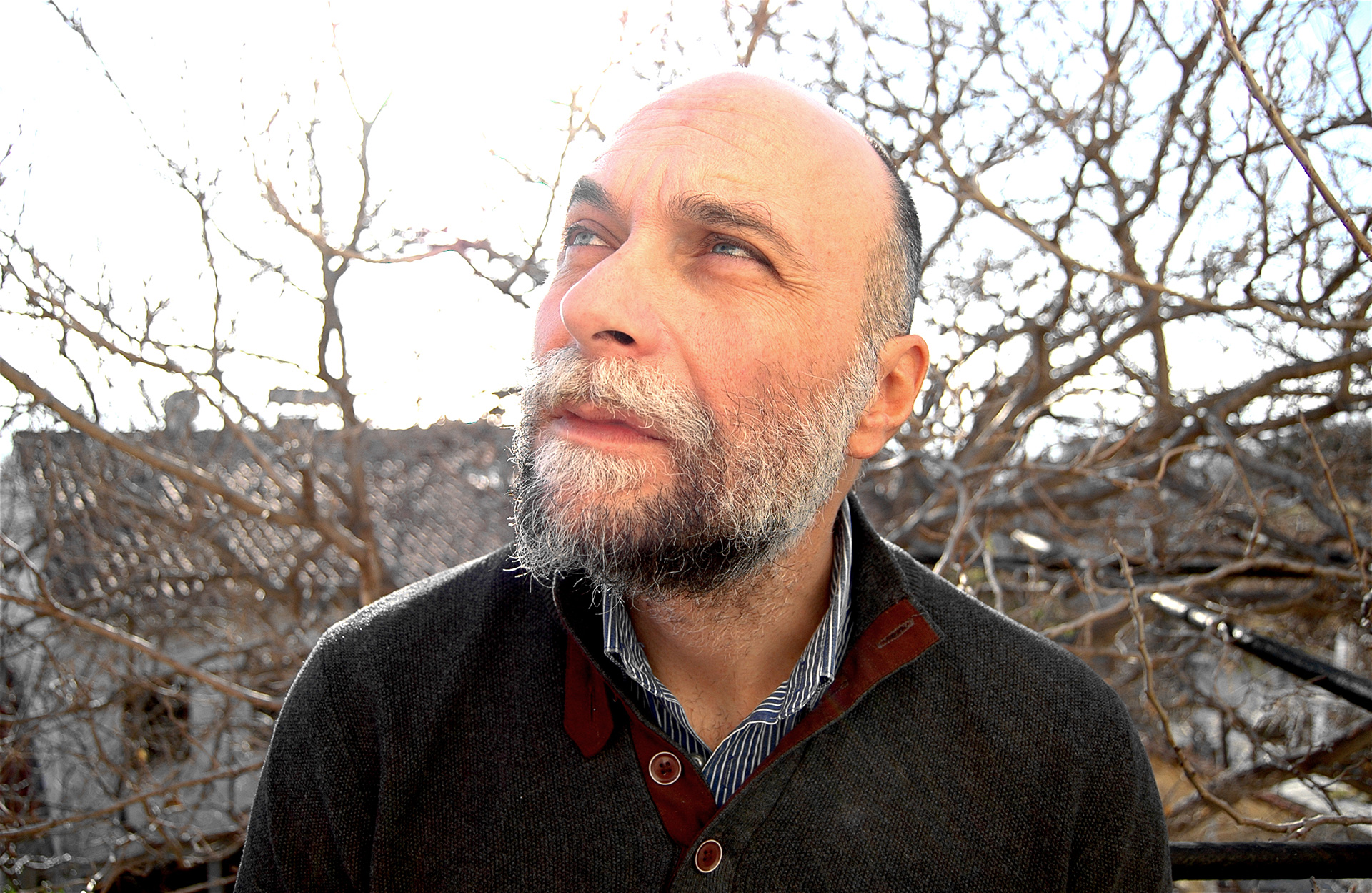
I couldn’t support that soul is a gift from God or another universe, space existence etc. I would rather prefer to focus on the perception of soul as a developmental advancement, a feature that was developed in parallel with our bodies.
Let’s get back to you. What’s your everyday routine now?
Fortunately, I spend a lot of time working, actually doing live psychotherapy sessions in my private practice in Thessaloniki, Greece and online sessions through Skype. To me, it’s one of the best professional roles that I could ever choose. Every time a new person enters my office, an unknown, different world opens in front of me, a different life that I intend to understand, and start thinking with this other person about his/her own life.
Secondly, I’m having fun when I am writing. Now, I’m preparing a sort of coaching, counseling psychotherapy book. My intention is to re-approach facts and conditions that we perceive as unquestionable in our lives. I’m trying to challenge what we think it is actually a fact. So practically, what I am writing is interesting to almost all of us and not only to the ones who have specific psychotherapeutic backgrounds. It’s a new approach of the available philosophies of life, how we face our face and our life, what we expect and need to achieve in our lives.
Third but not last, I’m working on a few online projects, so I’m trying my best to properly manage my time between all these activities. Since many years now, I enjoy sharing thoughts and interacting with people from all over the world with common interests, keeping up with some communities — like high IQ societies and their members.
You are not only a member of societies for people with a high IQ — including Mensa, the most well-known of them — but also a founder of several of them. What is the point of those societies, what do they give to people with really high IQs?
Let me start by making it clear that any of these societies are not meant to be an elitist reference or to serve an entitlement industry. These societies are neither formed to gather smart people to make them feel special, different or illustrate their ego. Anyhow, we’re all different from anyone else. So we don’t need any kind of club or association or community to make us feel different.
These societies are there for people to communicate with each other, to think altogether and to fascinate them with their collaboration when and if they intend to find their solutions to any problems. We’re trying to cultivate a friendly spirit in those societies. We can disclose our thoughts, we can say whatever we have in mind, we can argue and object to any statement. We all believe in freedom of speech. And we don’t accept any kind of rules or discriminations based on any other kind of differentiation or diversity. It’s like a social club that accepts only people with tested, confirmed, high cognitive abilities. However, there is no other kind of filtering regarding our communication apart from the mutual respect to anyone else’s opinion and his right to disclose and support his opinion.
It reminds me of those philosophic gatherings in Ancient Greece.
Great times indeed, not only for the Greeks but all the humanity and our civilization.
Having a high IQ doesn’t necessarily mean that someone lives smart. IQ is only a psychometric tool invented in US in the previous century. One of the main purposes that IQ tests are there for is to detect people with abilities in resolution, critical appraisal, depth of analysis, in multiple tasking and similar qualities. However, the vast majority of IQ tests are there mainly to detect, in most cases, imagination or geometrical abstract abilities, such as how easily and how in depth someone can resolve a geometrical and mathematical problem. So IQ tests and IQ scores mean quite little regarding what real life demands and requires from anyone and we shouldn’t count that much on them.
Some people grab the opportunity of having a high IQ score and demonstrate their special nature, actually promoting their narcissism. It is an absolutely different case if a person with a high IQ takes advantage of these capacities and use abilities to improve his life, feel creative, express himself, make his life as much satisfactory as he needs. And that’s actually also my personal life goal inside and outside these communities.
It seems it is not easy. It is often said that people with high IQ scores are likely to suffer from brain overloads, taking into account the great capacity of brain processing. Some of them really confess their life can sometimes be a total mess because of it.
A life mess sounds more like a personality structure and function outcome than a high IQ side-effect. Someone can overload and sabotage him- or herself and his/her own mind with multiple and sometimes contradictory thoughts, regarding any solution process of any kind of problem. Thus, this person may suffer from procrastination and poor functionality due to the complexity and excessive volume of his thoughts. However, any person, no matter if he or she is very smart or not, can be much more effective in his/her thought and consequently life management.
A person with abilities, analytical or other skills can offer himself options that maybe other people can’t find, detect and appreciate as easily as he can. He/she can potentially be helpful to himself and others. If he/she intends to improve himself, to lead a happy and smart life, he/she may find himself in a very difficult situation, where lots of things are awaiting for his/her response or verdict. If one has to offer, one is obliged to do, one needs to ask, one must behave. That way, he/she may feel very anxious, he/she may experience an overload of thoughts circulating all the time in his mind. This thought confusion can be both distressful and catastrophic for his/her life and goals. He/she needs to manage all these simultaneous, concomitant thoughts.
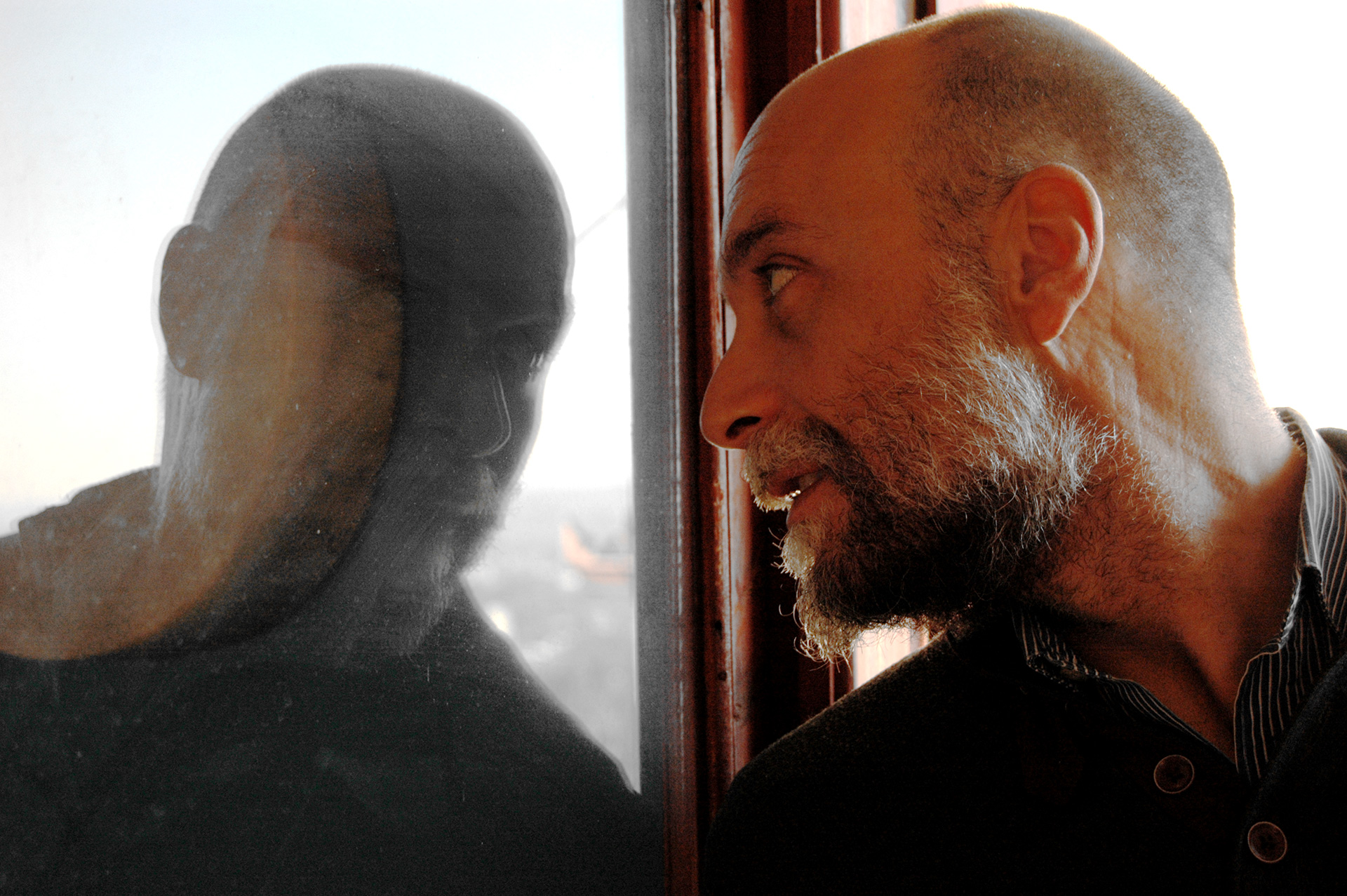
I am determined to help others to listen to themselves, to appreciate and manage their own abilities, their skills for their own benefits instead of acting as reflectors of any general, external societal expectations on the grounds of their high capacities. We don’t have to offer all our life, all our potentials, all our skills to the improvement of civilization and general quality of life. However, we do have to benefit ourselves, which can then be very helpful to others. I have the feeling that the main benefit from our life could be to feel happy, to smile as much as possible, to feel excited, passionate, creative, alive.
That’s what I’m trying to cultivate also within the IQ societies, that’s why I created them. Not to offer titles and member certificates, but to offer prosperous grounds for their spirits to flourish. Even to offer the opportunity to work all together for a purpose, to improve their lives, to feel they are not as much different as they think they are. There are also other people outside these communities, who have abilities, skills and they can all together work as a team. Working as a team was the main reason we managed to survive for so many centuries and it is the major reason we progressed with our civilization. We are not that smart to do everything on our own. Team working can be much more beneficial, effective and fun.
Now I really get why you like Plato’s model of ideal society, where everybody uses their inborn talents for general social improvement.
Plato was a rather romantic fellow. He suggested an ideal society should have clever people as the leaders, the ones who make decisions, and people with physical abilities could support society being the ones who work physically for others. Plato was actually distributing social roles based on individuals’ abilities. As you can imagine, this is not the case for the last many centuries. People mainly occupy themselves serving social and/or professional roles, which they sometimes even dislike. And that’s why some people can’t find any meaning in life. That’s why they become anxious. They are always running, they never stop. And then they get tired of living. They don’t feel alive.
Most people’s lives are developed based on some random events or accidental decisions. For instance, allow me to mention the case in most Mediterranean countries — Greece, Italy, Spain — where people traditionally have still strong family relationships. At least until recently, children and teenagers were taking decision about what to do in their own lives, based on what the family was expecting from them, which in most times had nothing to do with his/her own abilities, preferences, orientations or life goals.
Such crisis of identity seems to be a global problem, not only a local one.
Absolutely. On a global level, there are very few people on Earth who really make decisions. (And by no means I mean that aliens make decisions on earth. After all, I am a psychiatrist too.) These few people in charge may be less than a thousand. They have the power to guide and control population influencing tendencies, events, politics. They suggest general lifestyles and they don’t want people to make decisions about their own lives. Thus, the few powerful people manage to fool people and make them feel happy that they made their life choices on their own. You can see around teenagers and children being already anxious about their future. They worry that they should find themselves an identity, a social profile, a job, a job interview and some prospects. They plan to take a loan and then they struggle to pay it back throughout all their lives. They desire to establish family and get some children of their own. Take more loans, pay them back and then die. Could that be the definition of a normal life? However, this normal life may be meaningless with regards to any individual’s definition of life satisfaction.
If the majority of people were aware, how few people have most of the global power, global wealth — they wouldn’t go to work on Monday morning just to make these few people richer and more powerful. Informed people would refuse to adjust to that kind of unfairness conquering their own lives. They would at least attempt to stand up, shout, claim, demand, evaluate and reform society and its rules. We all need to feel happy. That’s our own right. No one has the power to make us miserable with our lives.
There are plenty of major negative issues on a global level, disasters, misery, poverty, unfairness. Many are hungry, alone, sick, dying. But we should not be alone. We need to be a well-tuned functioning team and we need to benefit out of our enrollment to the team function. That’s how we used to live when we first formed communities. That’s the main reason we survived for so long.
Why do most people lower their heads and compromise? If we stop accepting orders from the few ‘ruling people’, they will eventually lose their power and influence in our lives. Imagine a socially isolated billionaire. What kind of impact he could ever have over anyone else’s life, if he is left alone, himself and his billions. What if people detach themselves from a corrupted system, step out from this vicious circle. We are born to serve and we give birth to servants.
Our life is actually only our time. So, if we accept and appreciate ourselves and the gift, given to us, called life, we only need to fight for ourselves, our preferences, our ideas and go against whoever demands or expects anything from us that we don’t like. In general, we don’t afford that courage. We don’t take our own responsibility for our own lives. The responsibility to face our own lives with our eyes, fight with our own strengths, realize life as a specific but unknown amount of time that we need to manage for our own and only our benefits. This is the main underlying reason for most of our problems.
We, people, need to take responsibility also for the politics and politicians. Politicians forget that they became leaders being representatives of the majorities. So, the majority is the only actually responsible authority, responsible also for the behavior of its leader. That’s a rather simplistic thought that we manage to always forget. Maybe that’s happening because we prefer to avoid responsibilities, controversies and actions. We project this responsibility to anyone next to us and we consider others more responsible than ourselves for what is going on in our lives. We cannot feel content and satisfied if we only expect fairness. We need to act and to act now.
It’s interesting how even in such widescale issues, all the ways in which everything starts from a single person itself, and, say, the need for personal development. But if each and every person suddenly starts to shout out about their own real inner feelings and will, and surrender them, it can all quickly turn to the unbearable form of chaos, anarchy, can’t it?
You are totally right that sometimes an anarchy might come up. A temporary period with no leaders, no officers in charge, no rules. Within this anarchy, some people will sooner or later start representing some others. A kind of new group will be formed, new parties will be formed. However, the spirit should be that we’re all serving what’s beneficial for you, for me, for the most of us. I’m living in a country which coined the term ‘democracy’. Do you believe most people live and experience democratic conditions right now? Hardly. Could ever be an argument not to oppose to any definite unfairness against us of which a temporary, uncomfortable anarchy may come out? Why should we feel that we’re living another person’s life? No more.
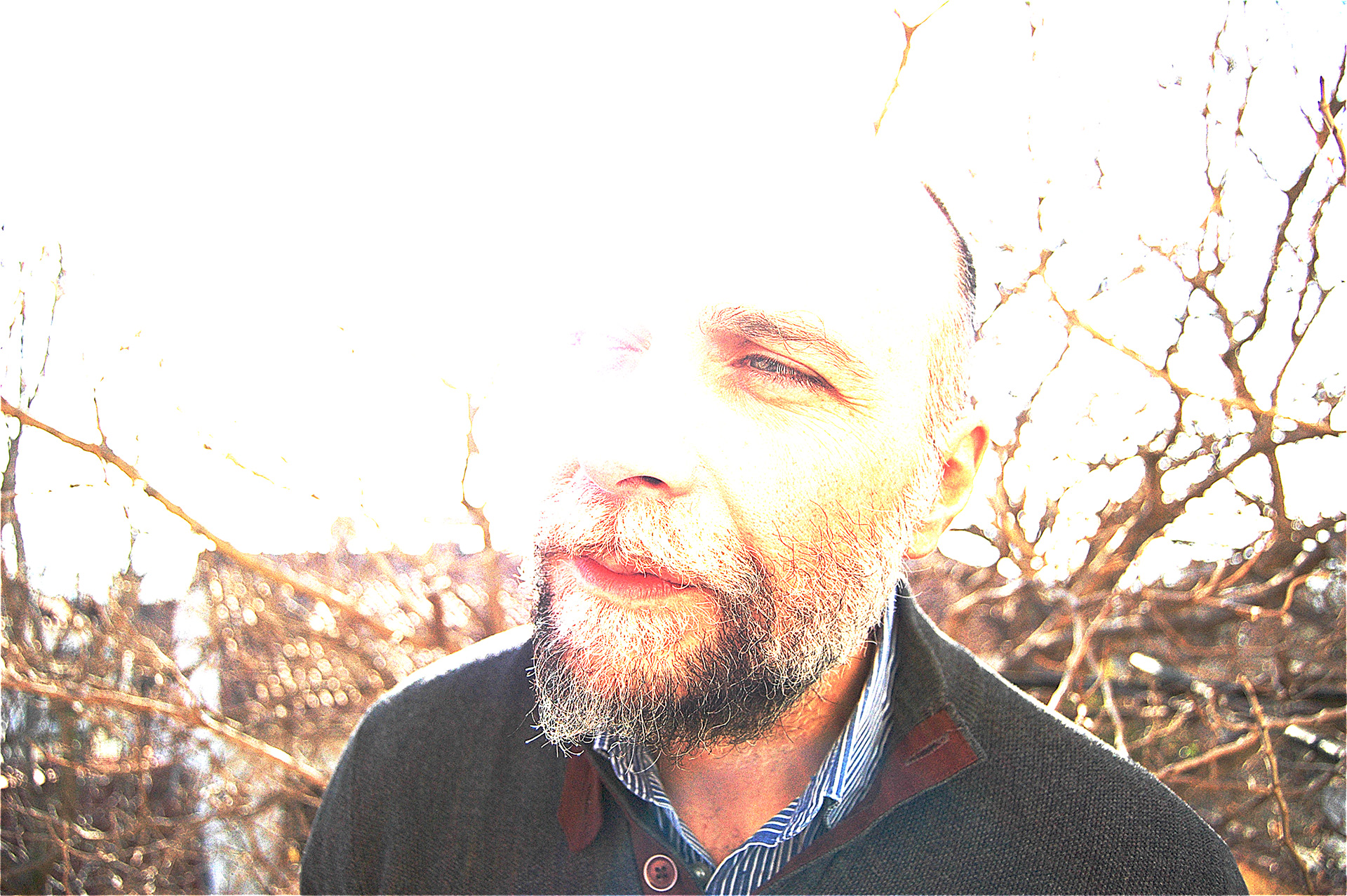
So, on a less political level — what most people need is a kind of psychological revaluation of their own lives? Not a magic pill to cure anxiety or depression?
If we exclude schizophrenia, bipolar disorder, severe depression etc., in most other cases people really can benefit mainly from a psychosocial, cognitive, behavioral and analytical revaluation, first and foremost.
In our lives, we often make a lot of mistakes. We feel that most of our beliefs are true and can’t be challenged. So we continue and repeat all we are already aware of, we feel determined that we should live like others, following the mainstream lifestyle, be successful, smart, pretty, tall. But these are all social marketing requirements. Advertisements, for instance, rarely present a person who is ugly or stupid. They usually provide a picture of very beautiful lady, a handsome man, a successful businessman, who’s picking up specific product or choosing that service. And we’re all looking to accomplish specific goals to fulfill this profile requirements and live like that. To live like in an advertisement. Nowadays even happiness is a marketing tool too. Nobody can be absolutely happy, smile all the time, avoid any kind of unfortunate events in his/her own life. Here and now is all we have for sure. Life is not static. Life satisfaction cannot be permanent, since it is in a dynamic interaction with our environment, personal, natural and social, which may have any impact to our lives.
We have to accept the fact that life may include also unfairness, unfortunate events, unhappy moments, ups and downs too. However, what we can do is to be prepared to face any difficulties and try our own best for a satisfactory life. We don’t need to be the best of our classmates, colleagues, friends or all the others in general. We have to be ourselves. We need to realize the social manipulation tactics and to orientate ourselves based on our needs and desires. The main global humanity issue for now is people’s personal identity development.
If we are in a position that we can appreciate the importance of the fact that we do not face the worst possible scenario each and every time, then we can start appreciating very simple things in life, which appear to be the most important ones. And we can establish a first understanding that we are still alive and that is already a success for us. We maybe not hungry, thirsty or homeless. We can now ask for a bottle of wine, Internet connection, an expensive car. Or a friend. Then, recognition, awards, a Nobel award for some. However, that’s not more important than the mere fact that we are alive. We just need to play the game: to live.
But today, there are more and more people who are refusing to play the game, in this or that way. Be it Japanese hikikomori — the modern city hermits who refused to take part in the social system, or common downshifters. If to generalize a little, do you think those people mostly tend to reach an utter confusion with their lives, or, oppositely, they are the great example of fulfillment of one’s own true wishes?
Well, it only depends on how each one of us defines his life satisfaction. If someone feels satisfied, safe enough, protected from anything that can harm him, this person might feel just fine living isolated. I am myself in no position to comment on that lifestyle and its benefits, since I’m not living like that. My different lifestyle point of view can stands as not a reason not to respect different to mine lifestyle choices. Critical is anyone to be able to evaluate each and every choice of his, all the time.
There should be no choice that we need to make just because it is externally expected. If someone prefers to live in a social environment, like the modern societies, that should mean that this is his own preference in some sense. It seems that we need to make some mistakes in order to find what is right for us and to realize that specific choices may not be the best options for us.
For some people, that’s one of the unfair issues going on in our lives. However, we need to be brave, make choices and evaluate outcomes, recognize that mistakes are mistakes and then re-approach our choices. Some people resist to revaluate their attitudes, as they’re afraid to accept the fact of having done a mistake. That’s a kind of defense that makes some lives problematic or even dysfunctional. We need to take the responsibility and say: “OK, we’ve made some mistakes. Now we can benefit from them. We have a life to live.”
New and best
